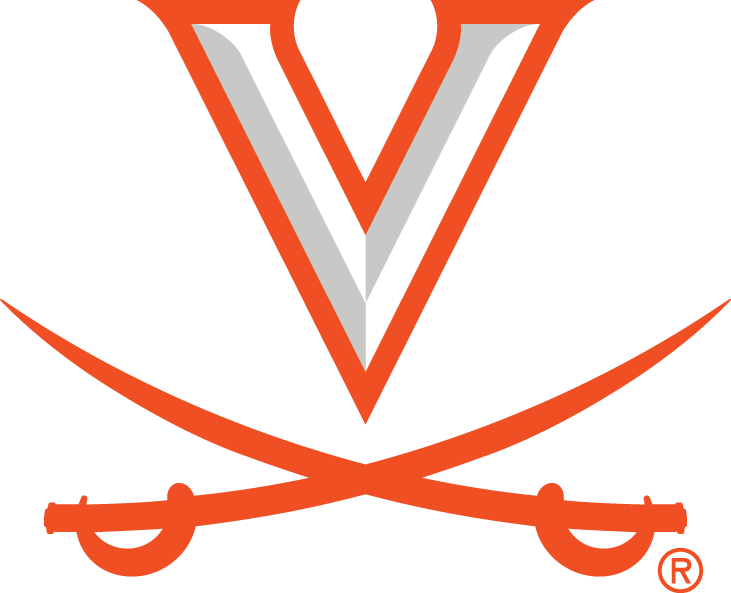By Jeff White (jwhite@virginia.edu)
CHARLOTTESVILLE — As she lay on the court at Hofstra University’s Mack Sports Complex last month, pain shooting through her left knee, China Crosby was incredulous.
Not again, she thought. Not another torn ACL.
“I was like, ‘Wow, did this really just happen?’ ” Crosby recalled Tuesday at John Paul Jones Arena. “The only thing that was going through my head was, ‘I worked so hard to get back, I don’t want to go through the same process again.’ ”
Some 10 months earlier, in a game at Colorado, Crosby had torn the anterior cruciate ligament in her left knee, an injury that required reconstructive surgery. And now, Nov. 12 on Long Island, N.Y., the starting point guard for the UVa women’s basketball team was hurt again.
“It was crazy,” she said. “I was just scared.”
Fortunately for Crosby — and for the Cavaliers — her fears proved unfounded. An MRI revealed that the 5-6 sophomore from the Bronx had not re-torn her ACL in Virginia’s season-opener. She had sprained her knee and suffered a severe bone bruise.
Her injury has kept Crosby out of Virginia’s past nine games. But she returned to practice as a full participant recently and has been cleared to play Saturday night when UVa (6-4) hosts Maryland-Baltimore County (4-6) at JPJ.
She learned a lot about the game and her teammates while watching from the bench in 2009-10, Crosby said, and she’s learned still more this season. But she’s tired of being a spectactor, and who can blame her?
“I’ve done enough of that,” Crosby said. “I’m just excited to get back on the floor.”
As a high school senior, Crosby was a McDonald’s All-American, and she became an immediate starter at UVa. After her long rehabilitation, she won the job back during preseason practice this fall and totaled 6 points, 2 assists and 2 steals in 18 minutes before getting injured at Hofstra.
Crosby, who celebrated her 20th birthday this week, is not in peak condition, and UVa coach Debbie Ryan will ease her back into the lineup. But Crosby’s return should boost the Wahoos’ transition game. The intangibles she provides figure to help the team immediately, too.
“She communicates all the time,” Ryan said. “She’s constantly leading, and that’s important for us, because we’re not a super-vocal team. She brings all that, and then she brings a feistiness.”
On the court, Crosby wears a custom-made DonJoy brace on her left knee. Paul Murata, the team’s athletic trainer, “trusts the brace 100 percent,” Crosby said, and that’s all she needs to know. Her faith in Murata is absolute.
“A lot of people say that braces are uncomfortable, but for me I feel real comfortable with the brace on,” she said.
Crosby got hurt contesting a shot by a Hofstra player. After jumping, Crosby found herself in an awkward position that made it impossible for her to land on both legs.
“So I landed on my left leg full weight and heard a little snap,” she said.
Before a crowd that included about 30 of her friends and relatives from New York, Crosby feared the worst. But she also found cause for cautious optimism.
“When I heard something in my knee, I thought it could be bad, but it didn’t feel like the same way I felt when I tore my ACL the first time,” she said.
She was determined to remain positive. And so she was delighted, upon waking the next morning, to find her knee was not swollen. After she tore her ACL in Colorado, Crosby recalled, her knee had ballooned the next day, and “I couldn’t bend it 90 degrees. I couldn’t walk, and I knew something bad had happened.”
Her rehab this time largely focused on exercises designed to strengthen her quad and hamstring muscles. Crosby’s knee feels good, but Murata has reminded her that, initially at least, she must modify her approach on the court.
“Paul has always said, ‘I know you’re an aggressive player, and I know it’s going to be hard for you to get out of that mindset, but right now you have to try to be an aggressive player and be intelligent at the same time,’ ” Crosby said.
That’s not always easy. In practice Monday, Crosby said, she put herself in precarious situations several times. “Paul pulled me to the side and said, ‘This is what you can’t do: You can’t go up for a rebound and land on one foot. You can’t get yourself caught up in the lane with big people. You have to be intelligent and smart with certain things you do on the court.’ And that’s what I’m learning now.”
